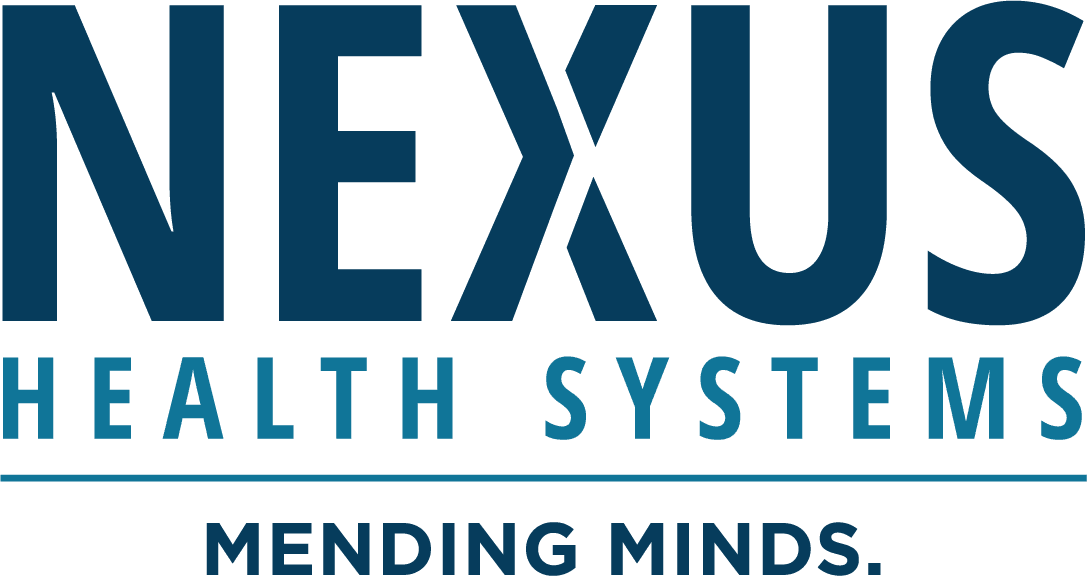
Home / Programs & Services / Outpatient Services
Nexus’ outpatient rehabilitation services support individuals throughout their journeys
Outpatient therapies, medical services, and behavioral healthcare that change lives
After a serious injury, debilitating illness, behavioral or mental health condition, or developmental disorder, Nexus can help restore an individual’s confidence with rehabilitative therapies. While some require around-the-clock care, others can receive the support they need in an outpatient setting.
Nexus programs that offer outpatient rehabilitation services
For most people, recovery from an injury, illness, or condition doesn’t end at discharge — especially if there are lifelong challenges ahead. It continues at home with the application of therapeutic techniques learned at Nexus facilities. To support continued healing, our interdisciplinary teams often prescribe outpatient rehabilitation — such as neurobehavioral, occupational, physical, recreational, and speech therapy.
Integrated healthcare programs for all
Rise Program
Rehabilitation and ongoing medical care after severe traumatic brain and spinal cord injury, stroke, and other neurological diagnoses
Harbor Program
Rehabilitative and ongoing medical care after complex injuries or illnesses
Life Care Program
Ongoing, lifelong medical care after catastrophic injury
Learn more about Nexus’ outpatient services.
Contact us for more information or to refer a patient.
What are outpatient services?
Outpatient services include medical, psychiatric, behavioral, and therapeutic treatments for children, adolescents, young adults, and adults who do not need to live full-time in a hospital setting. At Nexus, several rehabilitative therapies are offered on an outpatient basis, including:
Outpatient Physical Therapy
Outpatient physical therapy plays a vital role in improving mobility, reducing pain, and enhancing recovery following injury, illness, or surgery. At Nexus Health Systems, our licensed physical therapists use targeted exercises and functional movement training to help patients build strength, dexterity, flexibility, balance, and range of motion. Rehabilitation plans are designed around real-life goals and may include activities like walking, stair climbing, transitioning from sitting to standing, or practicing safe balance techniques.
Many patients who receive outpatient physical therapy at Nexus have previously completed inpatient care through our Rise Program, which specializes in neurorehabilitation following brain injuries or complex medical events. Others may begin their recovery journey on an outpatient basis, depending on the nature and severity of their condition.
Outpatient Occupational Therapy
Outpatient occupational therapy at Nexus helps patients of all ages relearn and restore the ability to perform essential daily activities, from brushing hair and getting dressed to preparing meals or attending school. Our occupational therapists work closely with each patient to develop a personalized rehabilitation plan rooted in their abilities, goals, and interests.
Nexus takes a holistic approach to care, often serving individuals with neurological, developmental, or medically complex conditions. Patients in our Harbor Program for individuals recovering from serious injury and chronic illness, for example, may transition to outpatient occupational therapy as part of a long-term plan to increase independence and improve quality of life.
Outpatient Speech Therapy
Speech therapy helps patients regain essential communication and oral-motor skills that may have been impaired by injury, developmental delays, or neurological conditions. At Nexus, our speech-language pathologists address challenges with speech production, language comprehension, self-expression, chewing, swallowing, and overall oral coordination.
Children and young adults who have participated in inpatient care through programs like Rise or Harbor often continue their progress through outpatient speech therapy. For others, outpatient services may mark the beginning of their treatment journey—especially when early intervention is key to long-term success.
